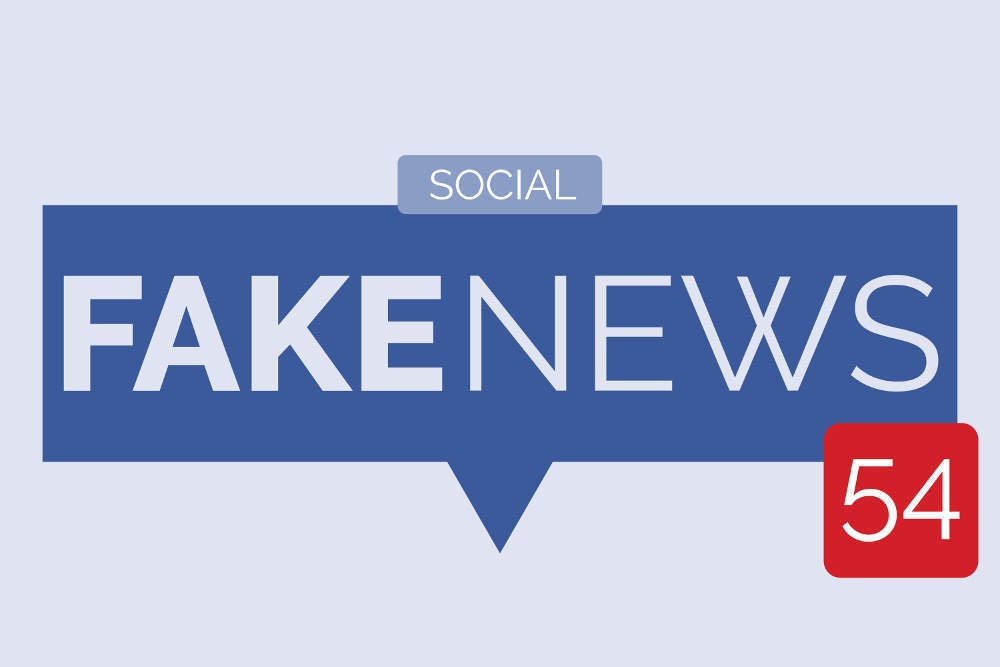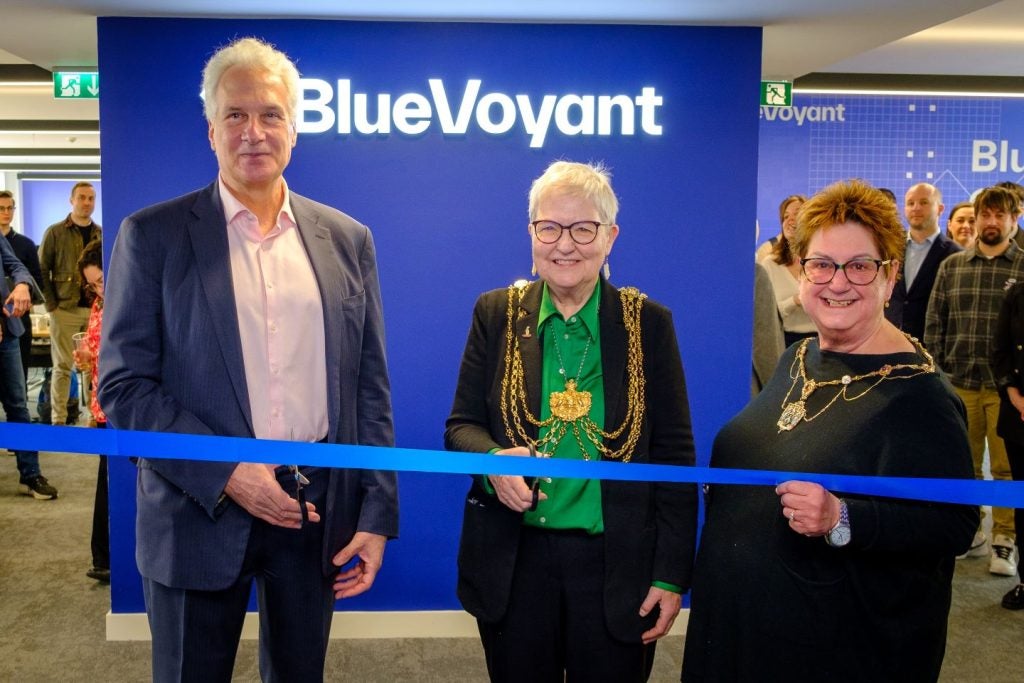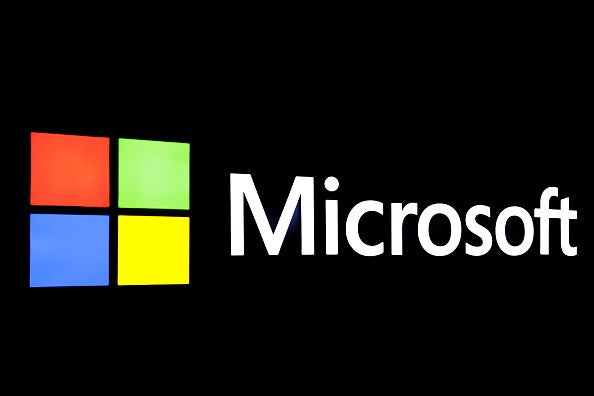
Facebook’s radical move to prioritise friends’ feeds over public and published content within its News Feed is more about offsetting the threat and expense of regulation than anything else.
For years, the digital industry has been asking the same question: Is, or isn’t, Facebook a content distributor?
It’s a loaded question.
Publishers, media and content providers are held accountable to a complex, highly restrictive, and in some markets, rigorously applied set of obligations and regulations governing everything from the use and abuse of content licenses and spectrum for broadcasting, to the way publishers can partner for exclusive content differentiation.
As Facebook ramped up to a global network of two billion users sharing all sorts of digital streams and files – aka content – some started asserting that the company should also be held accountable to the same set of rules.
Of course, the social network’s business model was not built to support such a heavy set of obligations, and in the past the company has repeatedly denied the content distributor charge.
How well do you really know your competitors?
Access the most comprehensive Company Profiles on the market, powered by GlobalData. Save hours of research. Gain competitive edge.

Thank you!
Your download email will arrive shortly
Not ready to buy yet? Download a free sample
We are confident about the unique quality of our Company Profiles. However, we want you to make the most beneficial decision for your business, so we offer a free sample that you can download by submitting the below form
By GlobalDataEnter, fake news.
This whole question gained special scrutiny in the aftermath of the Brexit vote and the US presidential elections in 2016. Some claim Facebook played a critical role in the dissemination of erroneous, harmful and politically inflammatory messages, published in echo-chamber mode over social networks.
Many today believe such shenanigans succeeded in influencing public opinion, the outcome of key national votes, and in due course, world events.
In this light, Facebook stands accused of playing the role of fake news disseminater, as well as a distributor of explicit, harmful and criminal content – not just a content distributor, but a content distributor of entirely the wrong sort.
To Facebook’s credit, it has now fessed up to having societal obligations, and has even set up in-house units to vet, and erase, criminal or politically inflammatory content – although, of course, there’s no telling who’s vetting the vetters.
This latest move – to prioritise friends’ content over business, brand and media content within its Needs Feed – is as much about re-asserting its status as a social network first and foremost.

Facebook chief executive Mark Zuckerberg claims the change is in response to user feedback that third-party content has overwhelmed their feeds, creating a barrier between themselves and their friends.
Surprisingly, Zuckerberg claims the change will probably mean that users will spend less time on Facebook, but the time they do spend will be more quality time; engagement with friends and family.
But there’s a flip side to that – as anyone who has ever been forced to spend an entire holiday break of quality time with their friends and family will know.
As friends’ feeds are prioritised over media ones, Facebook may need to start editing and erasing private content which might also be considered politically inflammatory or incenting hate.
We all have friends and family with some pretty ripe opinions. Is Facebook going to vet those, too?
It’s likely Facebook will take a short-term hit as users interact with fewer brands, yet predictions of a massive revenue dip are largely overblown.
Facebook controls significant and various social media channels, and its app features and assets – both online and mobile – together with significant global scale, will continue to guarantee ongoing brand engagement.








Related Company Profiles
Meta Platforms Inc